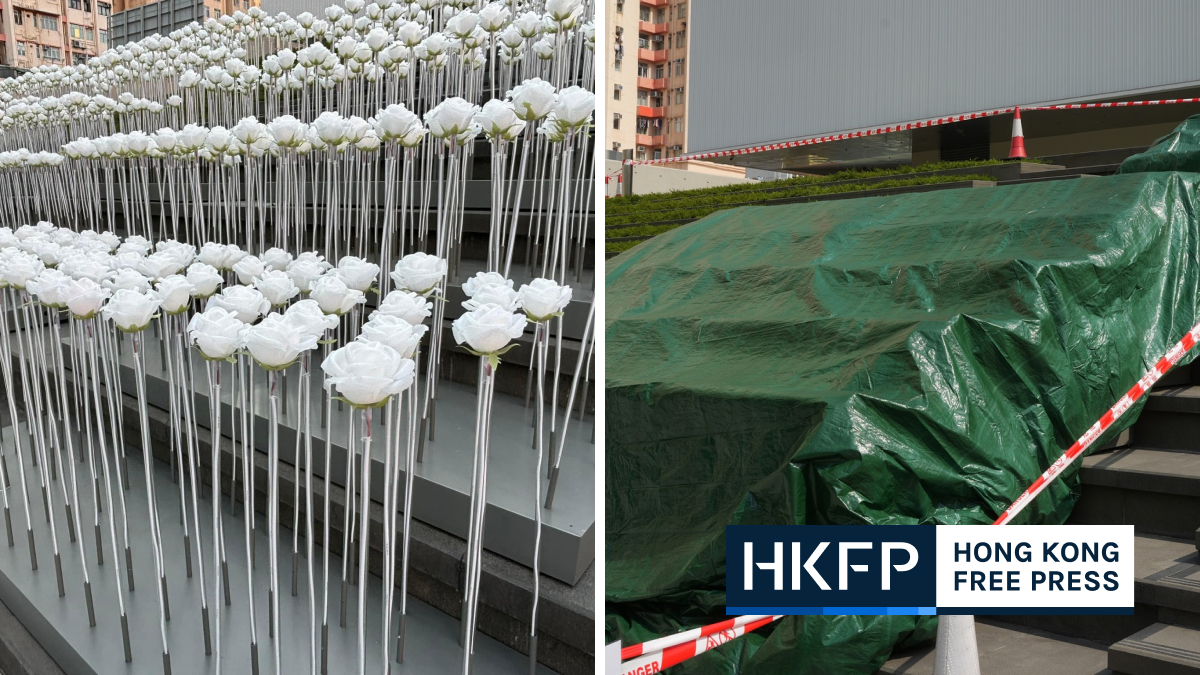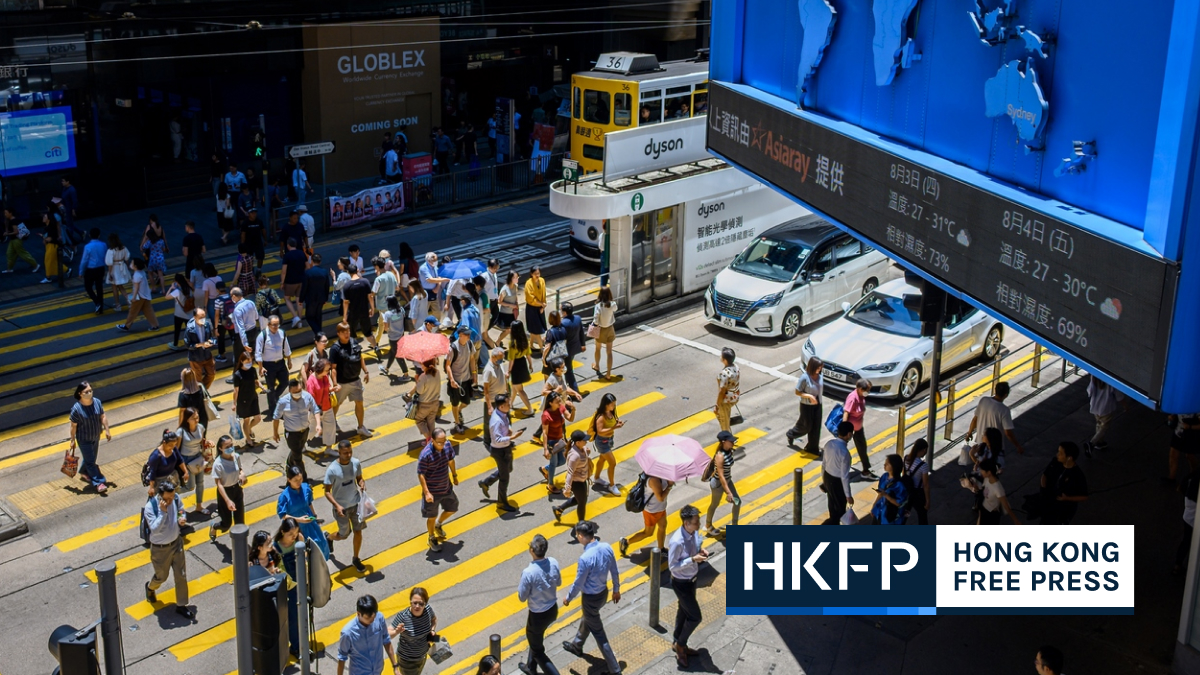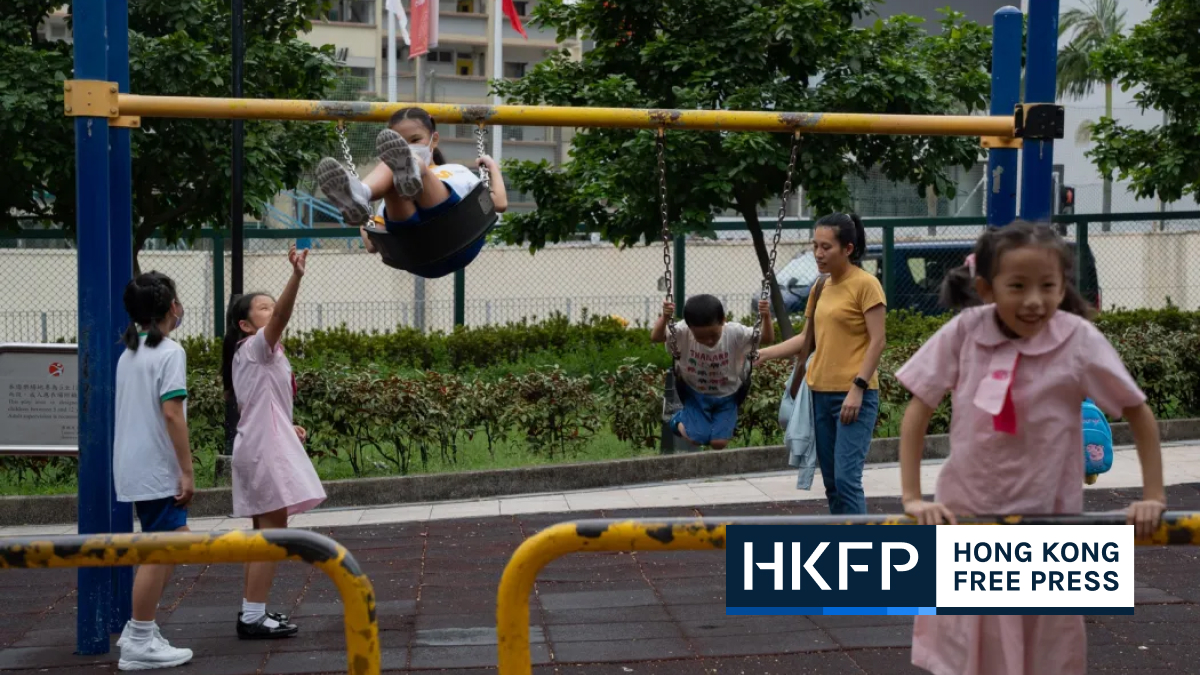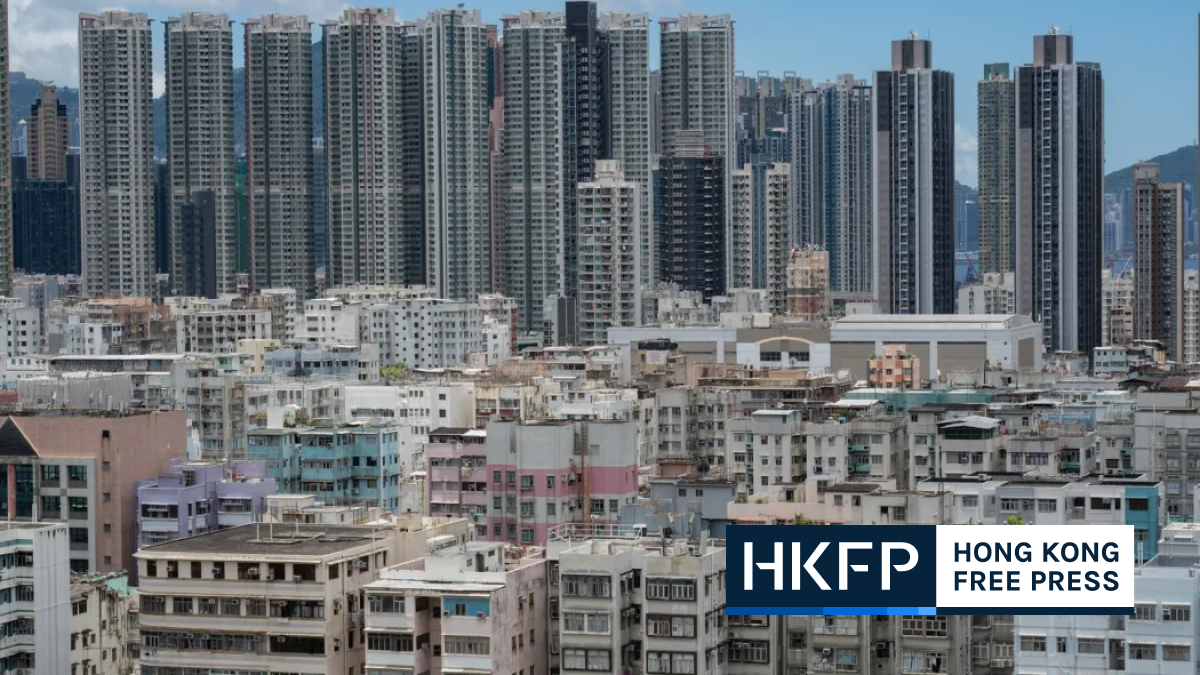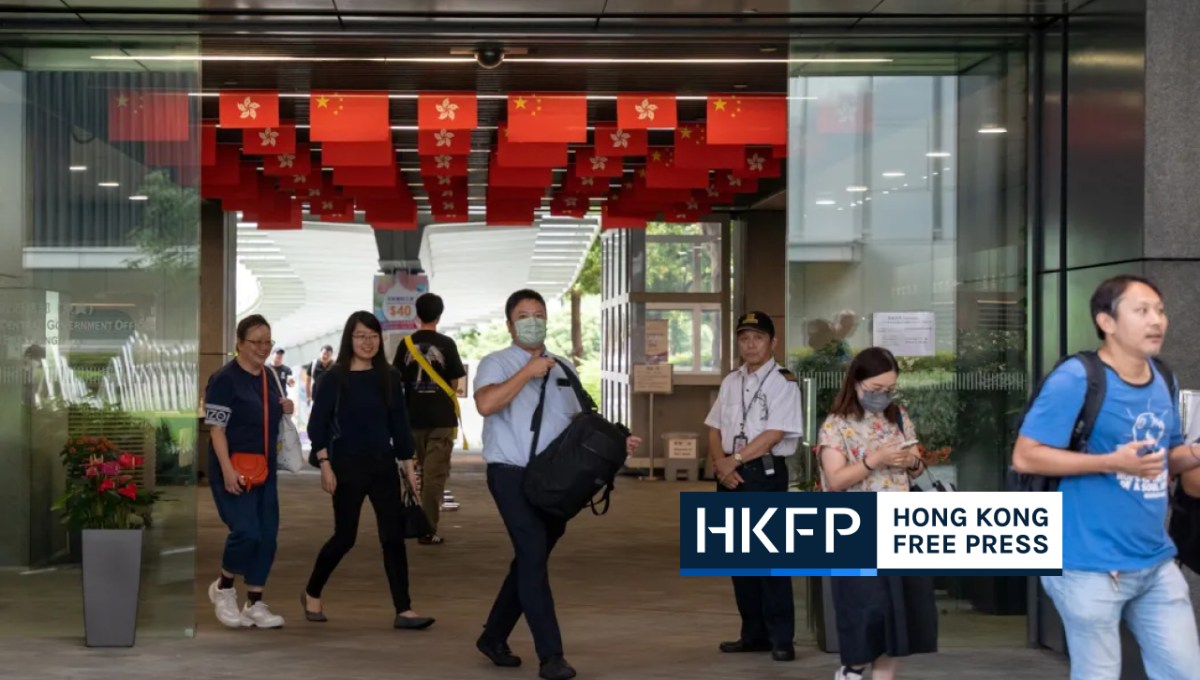By Holmes Chan and Xinqi Su
Hong Kong leader John Lee said Wednesday that the semi-autonomous city would create its own national security law in 2024, four years after Beijing imposed sweeping legislation aimed at silencing dissent.

Massive pro-democracy protests rocked the finance hub in 2019, bringing hundreds of thousands of people to the streets to call for greater freedoms and more autonomy from mainland China.
In response, Beijing imposed a national security law to punish four major crimes — secession, subversion, terrorism and collusion with foreign forces — with sentences ranging up to life in prison.
Security chief turned leader Lee said during his second-ever policy address on Wednesday that “some countries are undermining China and the implementation of ‘one country, two systems'” in Hong Kong.

“External forces continue to meddle in Hong Kong affairs,” the Beijing-anointed leader said, adding that the city would “continue to safeguard national security and improve its relevant legal system and enforcement mechanisms”.
“The government is pressing ahead to draw up effective legislative options and will complete the legislative exercise in 2024 to fulfil our constitutional duty,” Lee said.
Under the Basic Law — the city’s mini-constitution — Hong Kong is required to make its own law combating seven security-related crimes, including treason and espionage.

The task, often referred to as “a constitutional responsibility” by the city’s government, has yet to be fulfilled more than 25 years after Hong Kong’s return to Chinese rule.
The last legislative attempt in 2003 was shelved after half a million Hong Kongers took to the streets to protest the move.
According to Hong Kong’s Security Bureau, as of the end of September, 280 people have been arrested and 30 have been convicted under the current national security law that Beijing imposed in 2020.

The sweeping legislation has effectively snuffed out political dissent, with activists either rounded up or fleeing to other countries. It has also affected other areas of life in the city, including the arts, literature and children’s schooling.
Lee on Wednesday said Hong Kong would “roll out patriotic education to enhance national identity… laying a good foundation for our national unity and solidarity”.
A working group would be created for “taking forward national education and dovetailing with the Patriotic Education Law of the People’s Republic of China”.
His announcement comes a day after Beijing passed a law to strengthen patriotic education for children and families, according to China’s state media.
Support HKFP | Policies & Ethics | Error/typo? | Contact Us | Newsletter | Transparency & Annual Report | Apps
Help safeguard press freedom & keep HKFP free for all readers by supporting our team


